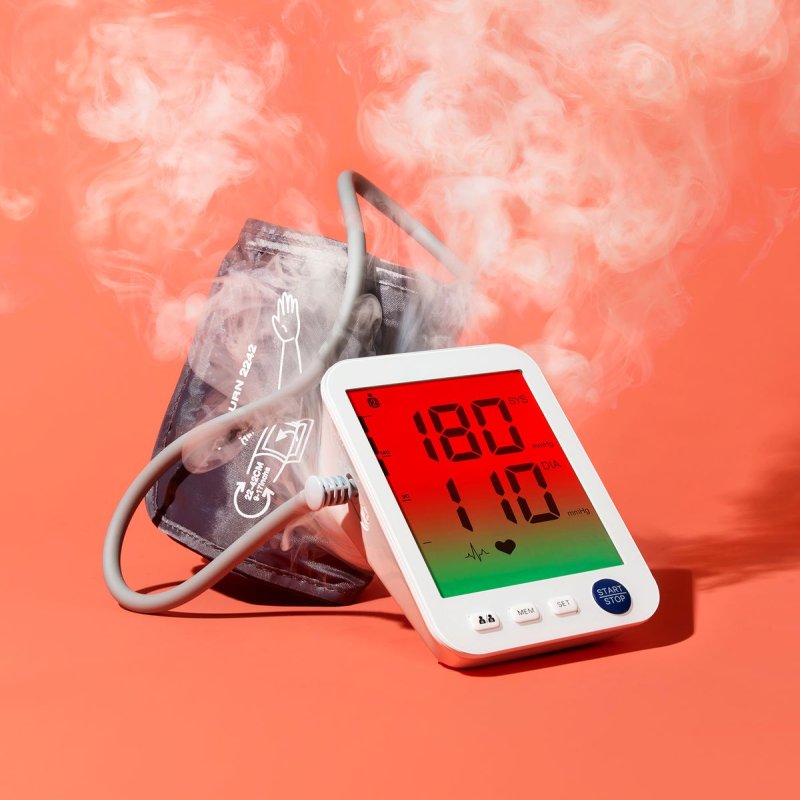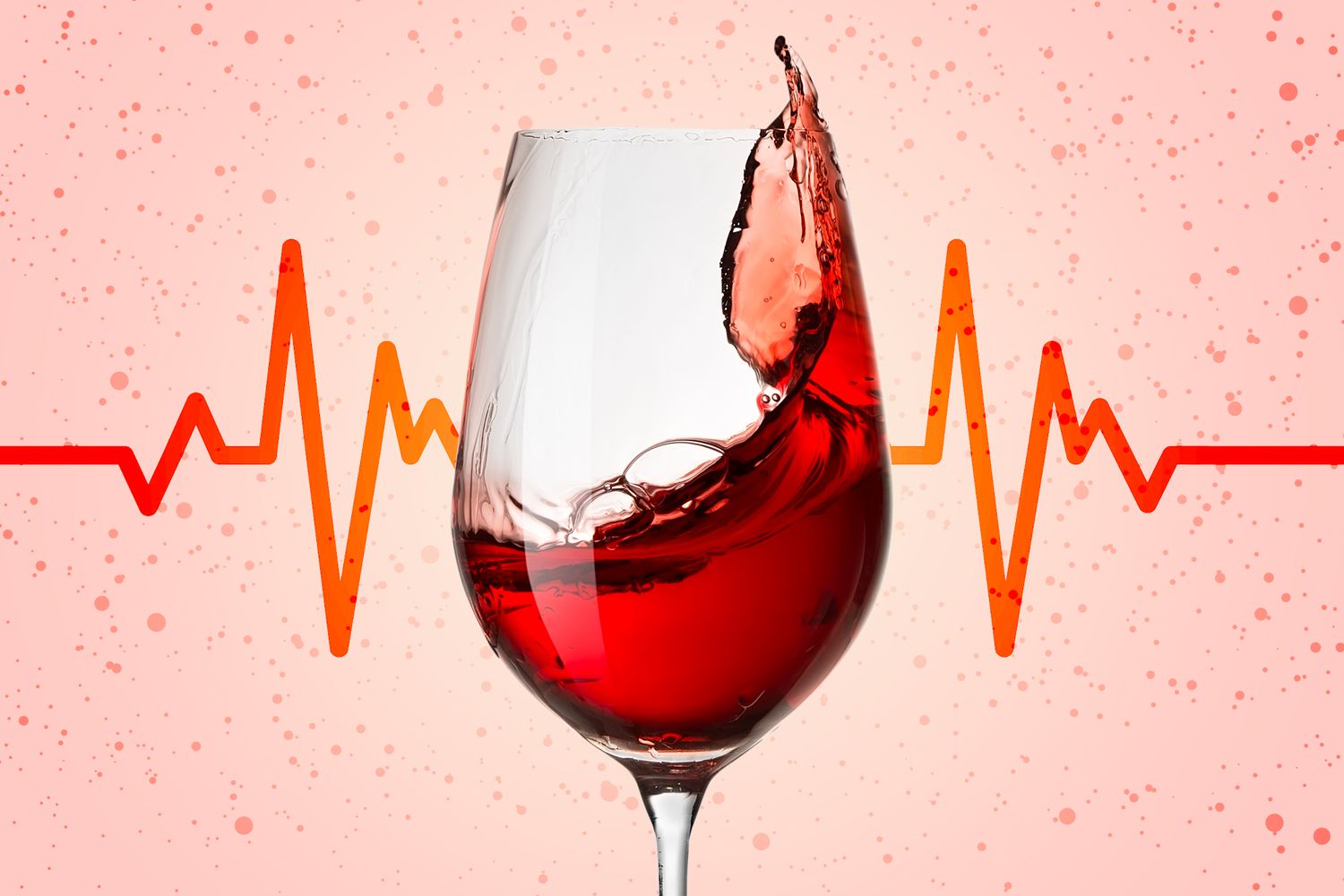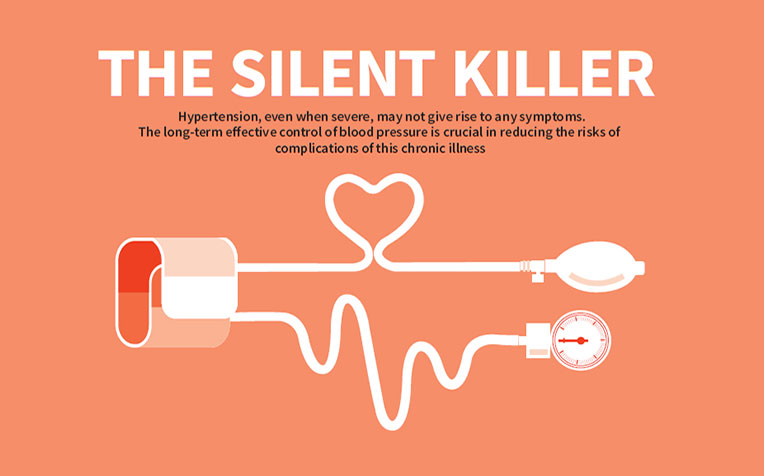
According to World Health Organization (WHO) reports, only around 12% of individuals with hypertension have their blood pressure controlled. Your body’s blood pressure is the pressure exerted by your blood against the arteries. Increasing pressure can cause numerous other chronic conditions.
In India, to reduce the prevalence of hypertension, the Hypertension Control Initiative was launched to provide easy treatment access to over 220 million Indians with hypertension. However, along with effective treatment, it is important to eliminate common myths and misunderstandings.
Myth No. 1: When Blood Pressure is Normal, I can Stop my Medications
Once you have started to take medications for blood pressure, your body will start responding, resulting in lower levels. However, this early response is not an indication to stop medications. Hypertension is a chronic condition requiring constant care and attention. It is important to follow your physician’s advice and stop the medication only when suggested.

Myth No. 2: Cutting Table Salt from the Diet will Reverse High Blood Pressure
Your regular table salt contains sodium and chloride. Reducing sodium intake can help in the control of blood pressure; however, eliminating salt is not the only mode of treatment or prevention. Sodium is present in various other foods as well like packaged and processed foods. Reading nutrition labels will help you know how much sodium is present and how much you are consuming.
The American Heart Association (AHA) recommends sodium restriction of up to 1.5 g per day for people with hypertension.
Myth No. 3: Wine is Good for the Heart and can be Consumed Liberally
Not really. Excessive consumption of alcohol can have exaggerated effects and can even worsen your hypertension. The alcohol percentage in wine can range from 5% to 23%, and chronic intake can have negative effects. Also, chronic consumption may lead to other complications like obesity, alcoholism, and high cholesterol levels. If you consume alcohol in any percentage, make sure you drink it in moderation and do not go beyond one to two drinks per day.

Myth No. 4: I don’t Experience any Symptoms; I don’t have High Blood Pressure
High blood pressure, as we all know, is the “silent killer." Symptoms are visible only in severe cases, all the while damaging your arteries and blood vessels. If you have a family history of heart disease, then it is important that you do a periodic check-up for blood pressure monitoring and other related tests.

Myth No. 5: In High Blood Pressure, One has to Focus only on Sodium
No, sodium is one of the electrolytes that can alter your blood pressure, but this is not all. As much as you focus on reducing sodium intake, it is important to make sure you include enough potassium in your diet. If you experience high blood pressure, it’s essential you reduce it, but also include potassium-rich foods like bananas, sweet potatoes, and green leafy vegetables.
Myth No. 6: If I Use Pink or Himalayan Salt, There is no Need to worry about Salt Intake
Due to its alleged health benefits, especially for those with high blood pressure, Himalayan salt has grown to be a well-liked substitute for table salt. There is still insufficient clinical proof to back up its effectiveness. Also, the difference in sodium levels between these two salts is negligible. Thus, despite what salt you use, make sure to have it in moderation.
Conclusion
Even though it may be a lifelong condition, there are numerous ways to manage it and lower the health risks it brings. Following a heart-healthy diet like DASH (Dietary Approach to Stop Hypertension) is effective in reducing your blood pressure. Along with the right treatment, it is important to make sure you don’t fall prey to numerous myths floating around the web and make only informed decisions.
It is always advisable to consult your physician and dietitian before starting any new regime or practice.
Frequently Asked Questions (FAQs)
1. Will losing weight automatically lower blood pressure?
Losing weight can help reduce blood pressure in many cases, especially if weight loss is achieved through healthy lifestyle changes like a balanced diet and regular exercise. However, individual responses vary, and other factors like genetics and overall health play a role in blood pressure management.
2. Does caffeine always increase blood pressure?
While caffeine can temporarily raise blood pressure, especially in those sensitive to it, moderate caffeine consumption typically doesn't lead to chronic hypertension. However, individuals with existing high blood pressure may be more susceptible to its effects and should monitor their intake.
3. Is low blood pressure always a sign of good health?
Contrary to popular belief, low blood pressure isn't always indicative of good health. Extremely low blood pressure (hypotension) can cause symptoms like dizziness, fainting, and fatigue, which may be concerning and require medical attention.
4. Can stress directly cause high blood pressure?
Stress can temporarily elevate blood pressure, but it's not necessarily a direct cause of chronic hypertension. However, chronic stress can contribute to unhealthy lifestyle habits like overeating, smoking, or excessive drinking, which can raise blood pressure over time.
5. Will eating too much salt always raise blood pressure?
Not necessarily. While excessive salt intake can contribute to high blood pressure in some individuals, not everyone is equally sensitive to salt. However, it's generally advisable to moderate salt intake for overall cardiovascular health.
Disclaimer: The information and other content provided in this blog, or in any linked materials, are not intended and should not be construed as medical advice, nor is the information a substitute for professional medical expertise or treatment. If you or any other person has a medical concern, you should consult with your healthcare provider.


.png)


